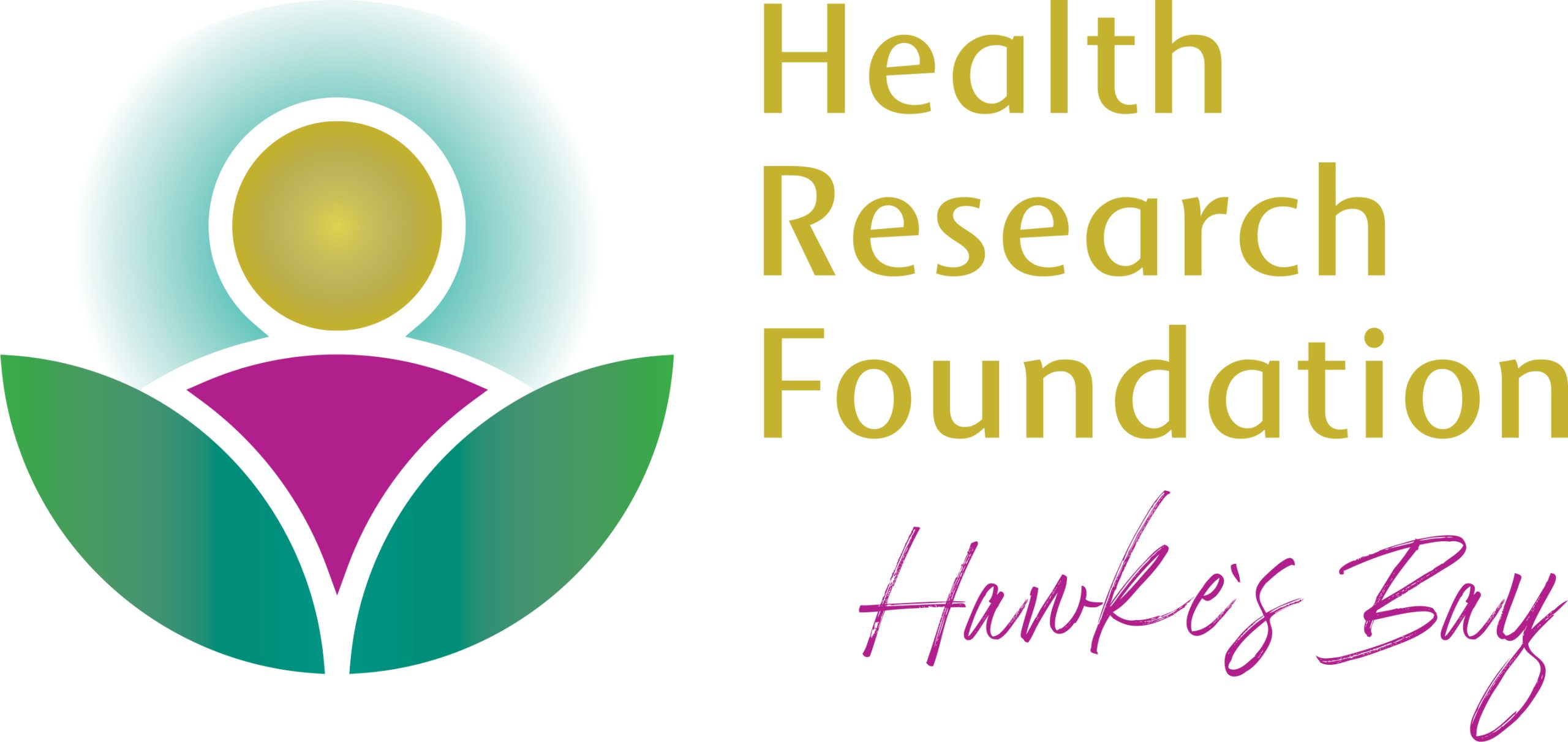We Talk about Family Violence
New Zealand has moved from a country where the ugly issues of child and partner abuse were rarely approached, to a nation where thousands of medical professionals are well trained and supported to ask the difficult questions and respond safely.

In 2002 a small team from the Hawke’s Bay District Health Board; Service Manager Mollie Wilson, ED Nurse Miranda Ritchie (who co-ordinated the programme), Social Worker Lowana Crawford and Community and General Pediatrician Dr Russell Wills set out to develop a Family Violence Intervention Programme to support, train and provide health professionals with the right tools to talk about family violence.
Today this is the “best practice” model for the Ministry of Health’s Violence Intervention Programme (VIP), adopted by every District Health Board in New Zealand.

A decade on, Russell is New Zealand’s Children’s Commissioner. He notes, “Sadly, child abuse and partner abuse are common. Children who witness their parents’ violence are emotionally damaged even if they’re not assaulted themselves.
“Clinicians working on children’s wards and in emergency departments often suspect these issues but did not have the training to ask the tough questions and respond safely.
We have now shown that it’s possible to improve identification of child and partner abuse across a whole country. “The issues are painful to discuss and have an impact on the clinicians too,” says Russell.
The Foundation’s support for the evaluation part of this programme was crucial in the development and its implementation nationally.
Miranda, who is now theNational VIP Manager for DHBs and leads the national program for the Ministry of Health says without the funded time to evaluate the program well, it would not have been implemented across New Zealand, or recognised internationally.
“To grow a local program nationally, a robust evaluation and publication in peer-reviewed journals is the minimum standard”.
For the first time the world could see that it was possible to improve identification of child and partner abuse across a whole institution.
“We have now shown that it’s possible to improve identification of child and partner abuse across a whole country”, Miranda said.
“We could not have done this without the funding support from The Foundation,” says Russell.
Thousands of referrals to community agencies including Child, Youth and Family have and continue to be made, and children’s lives are being transformed.
